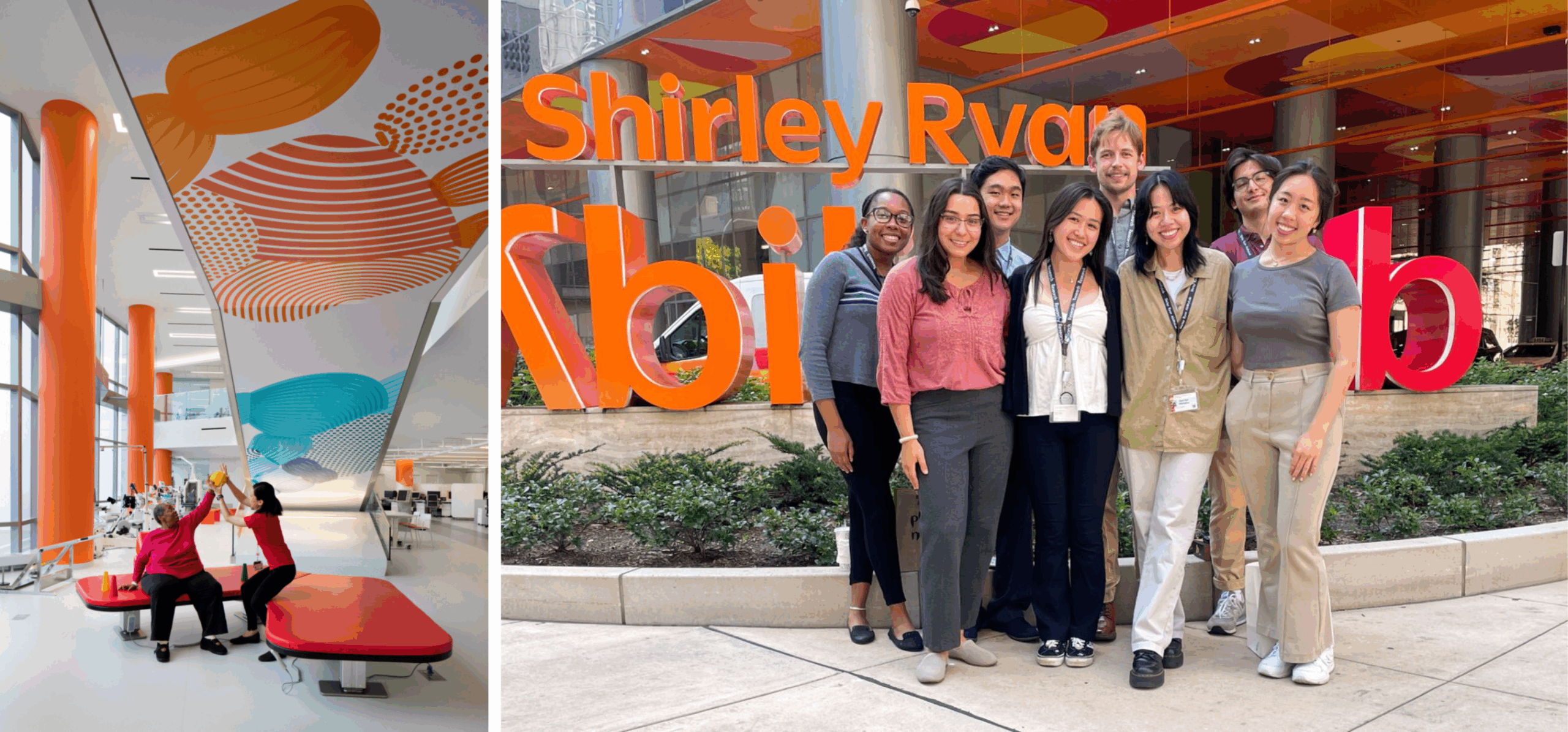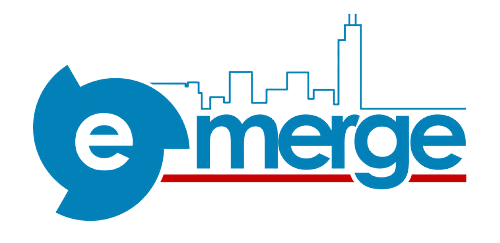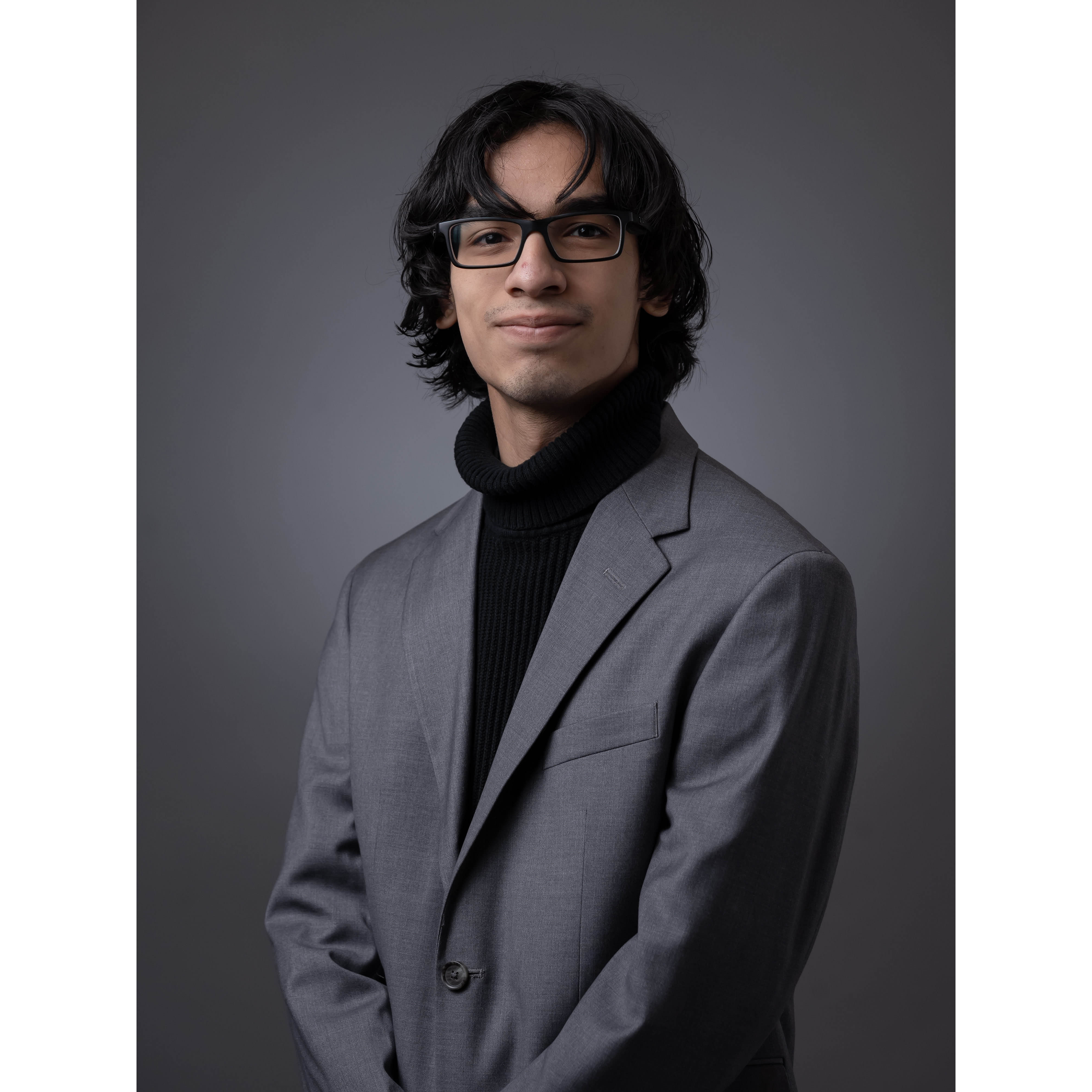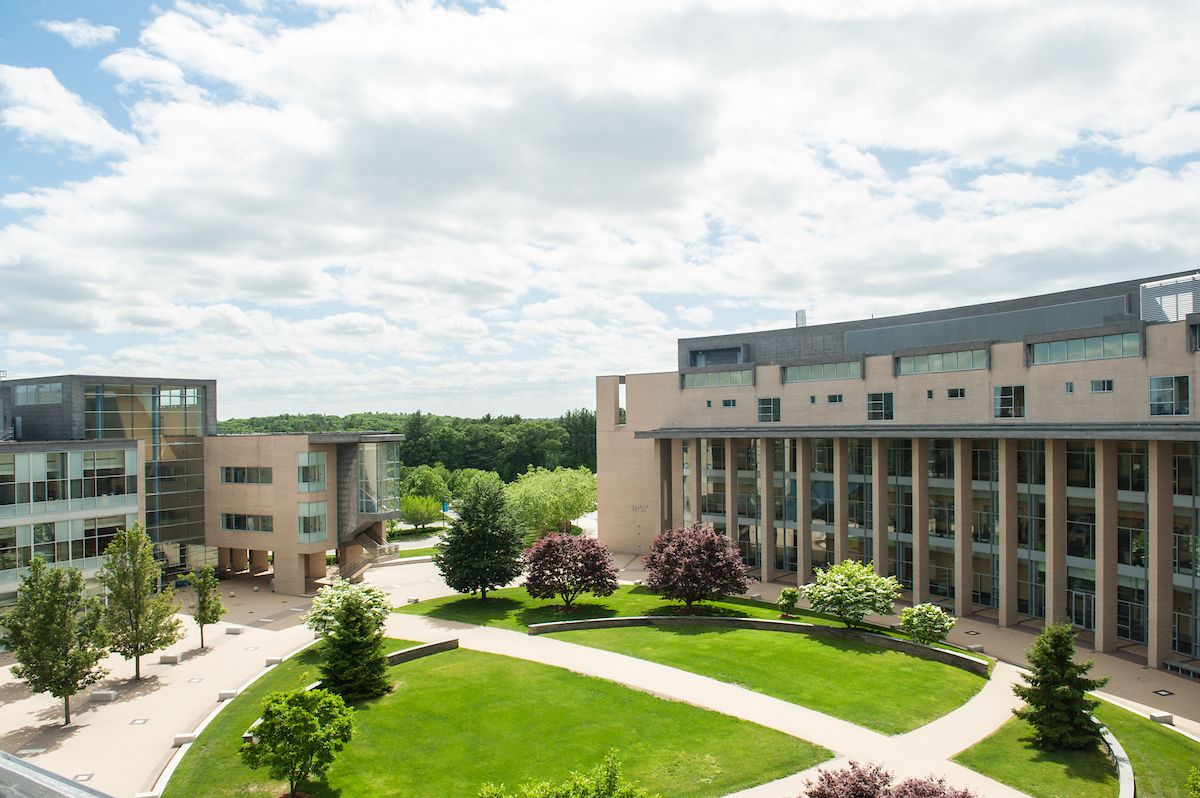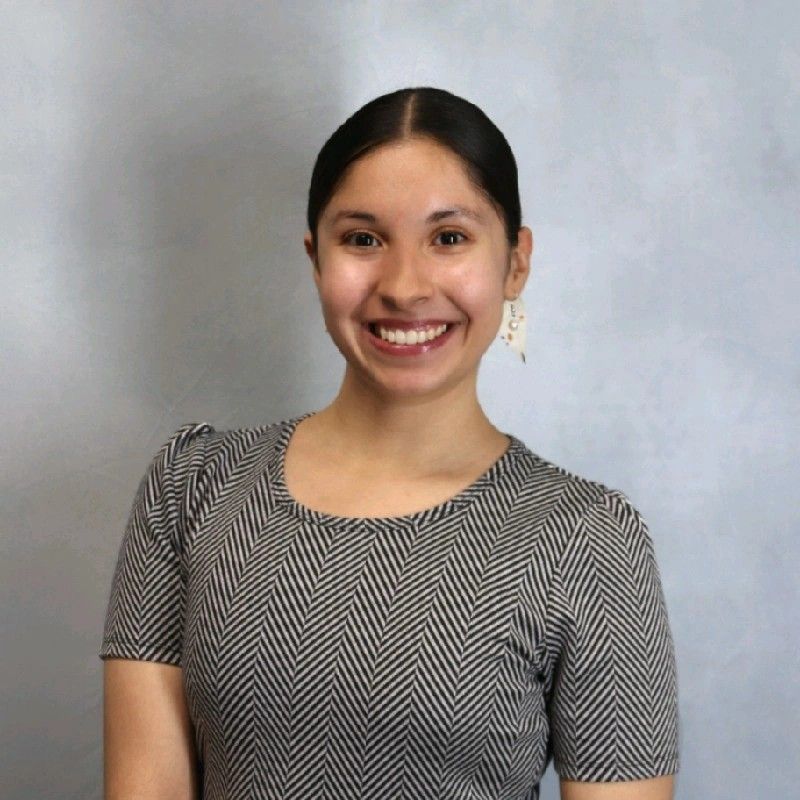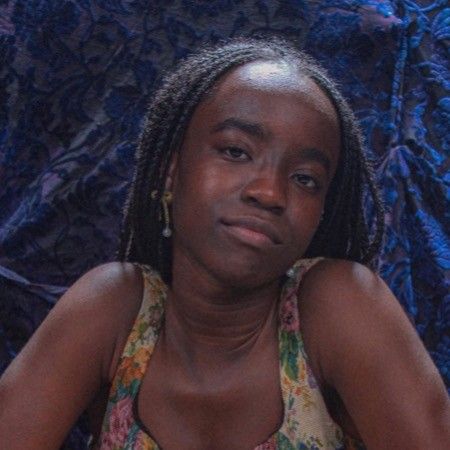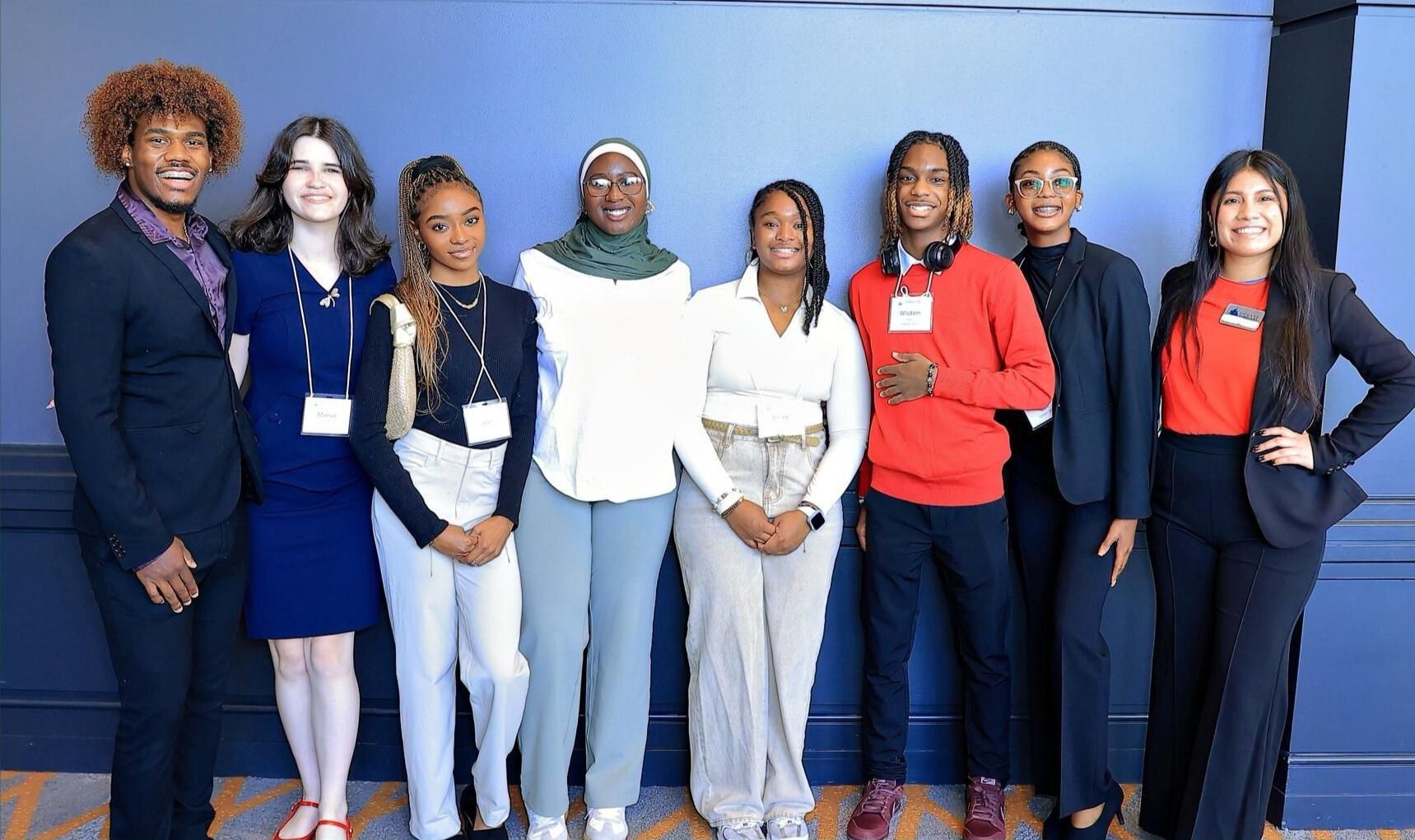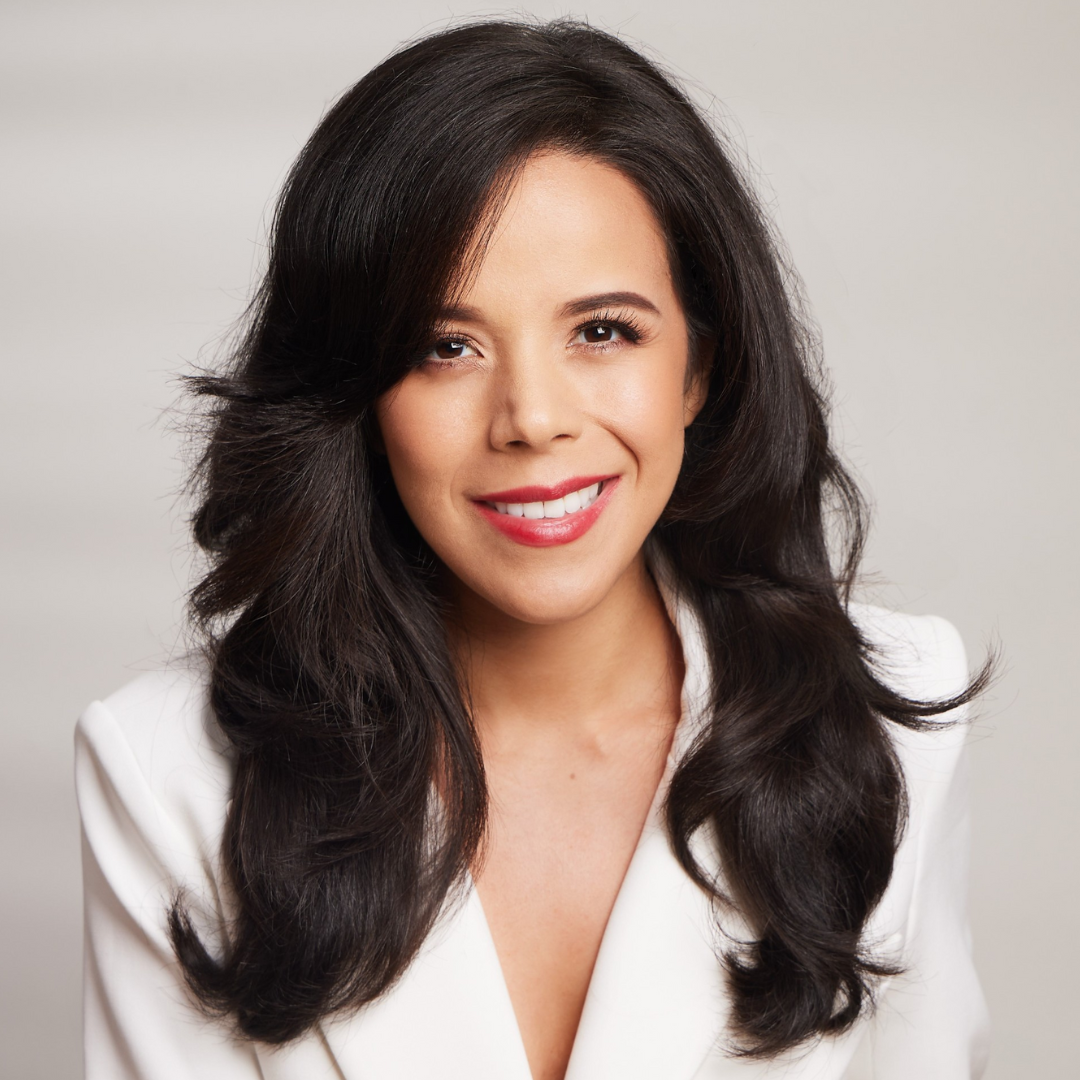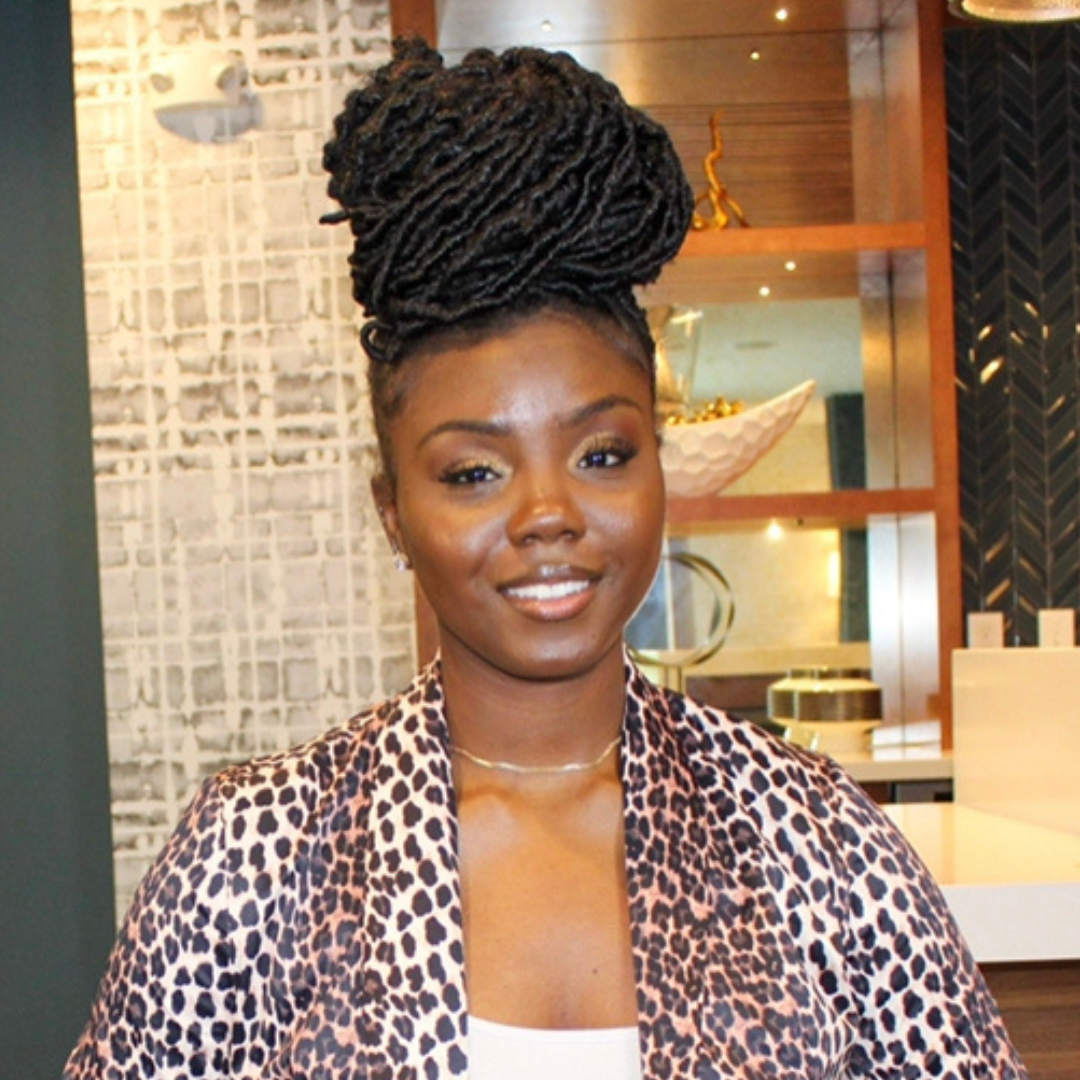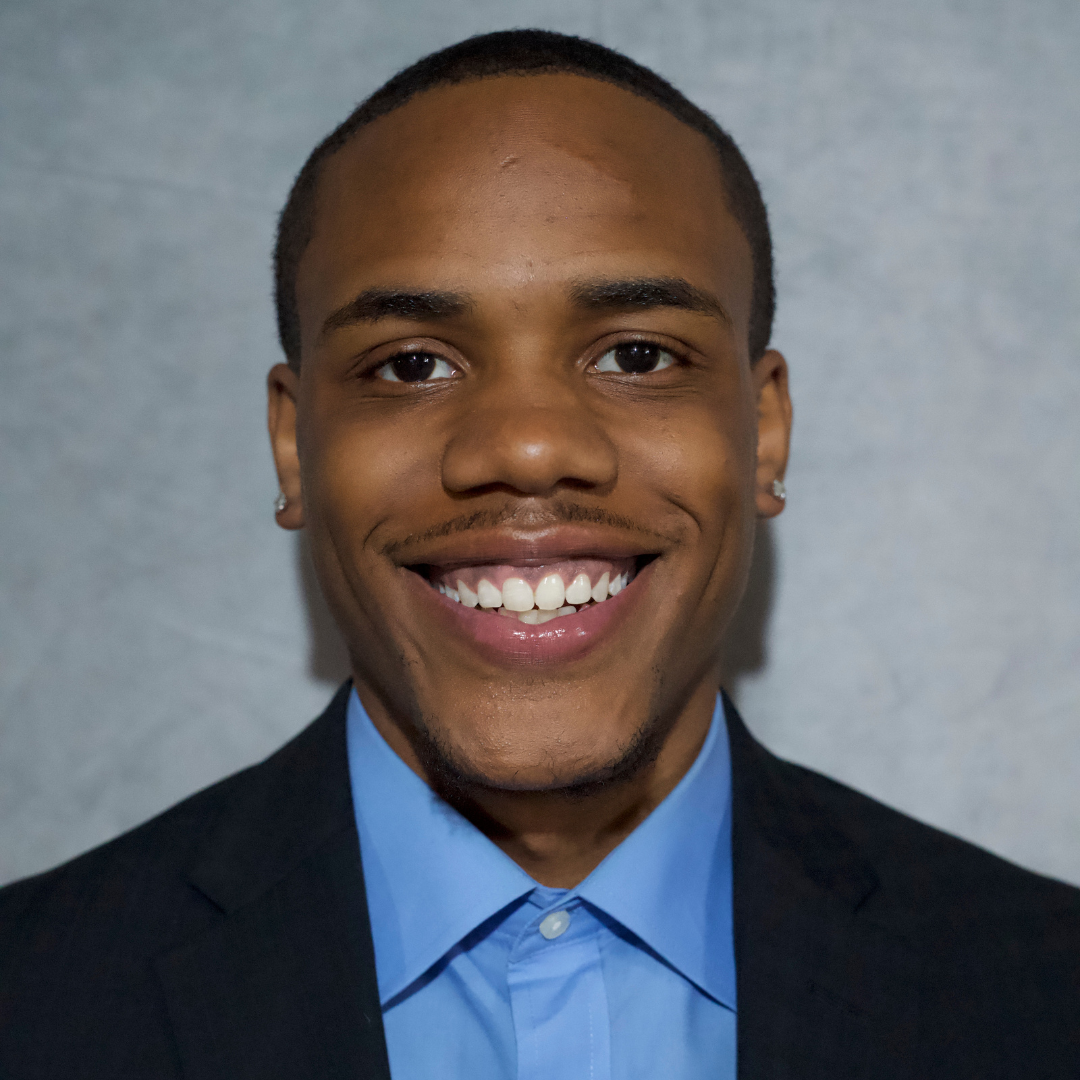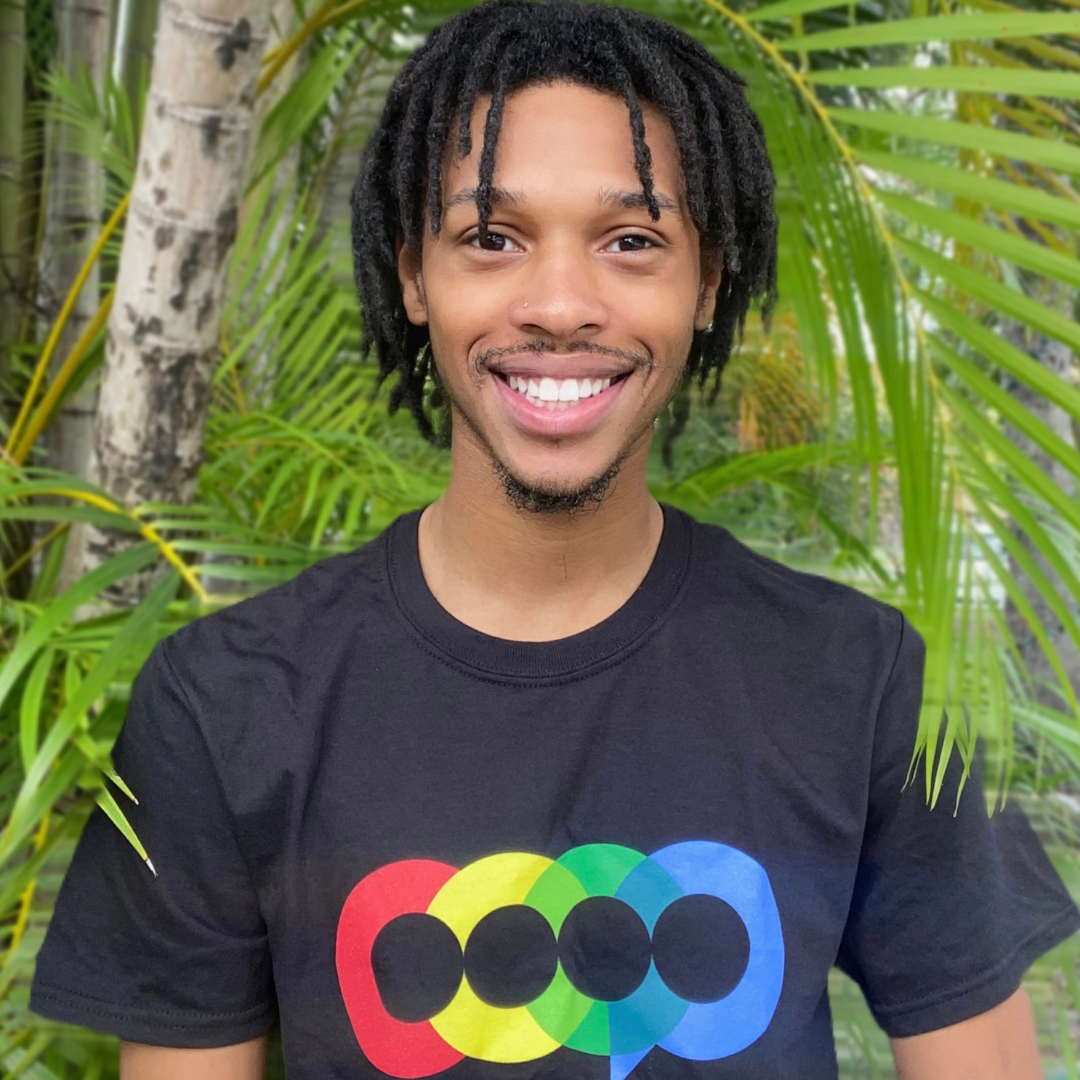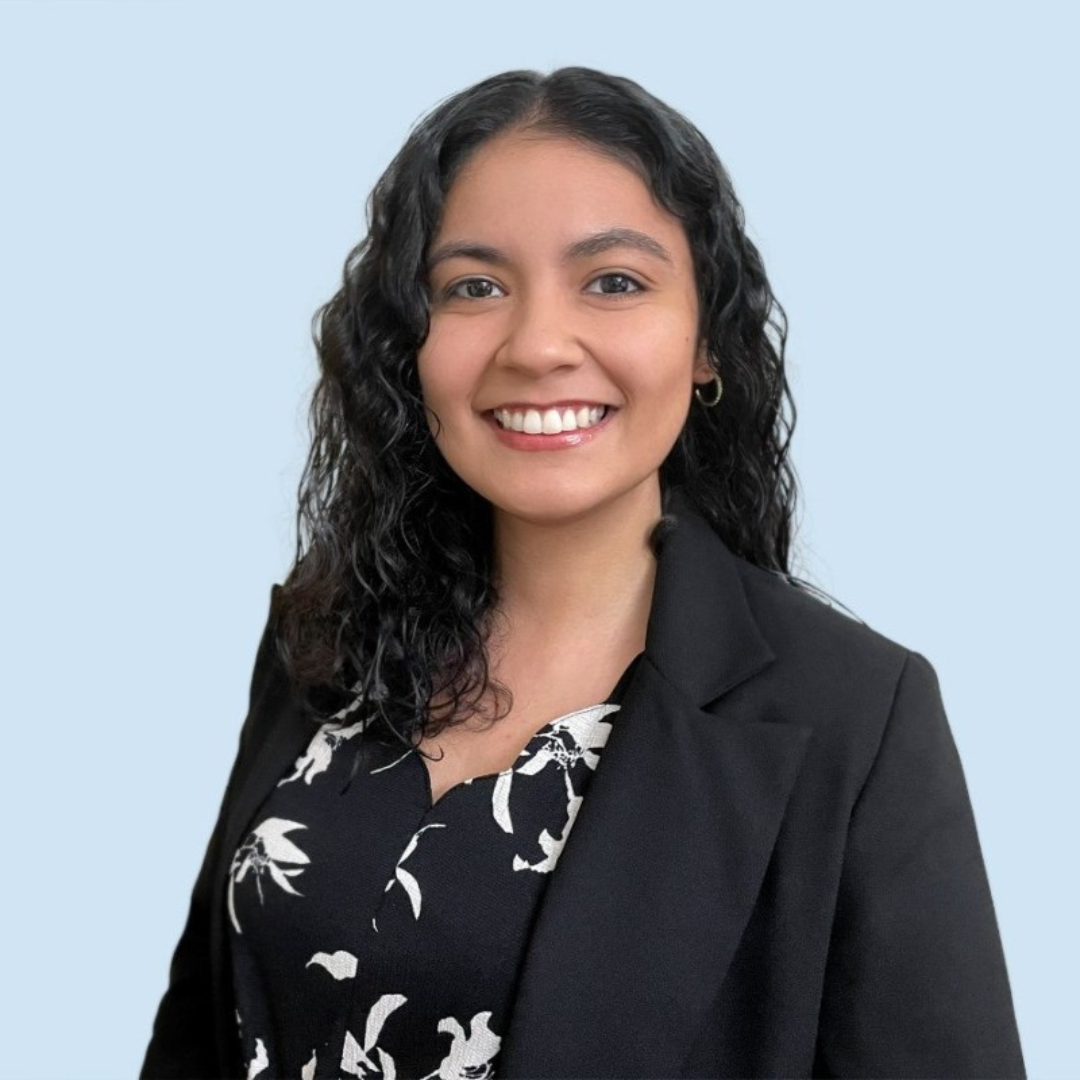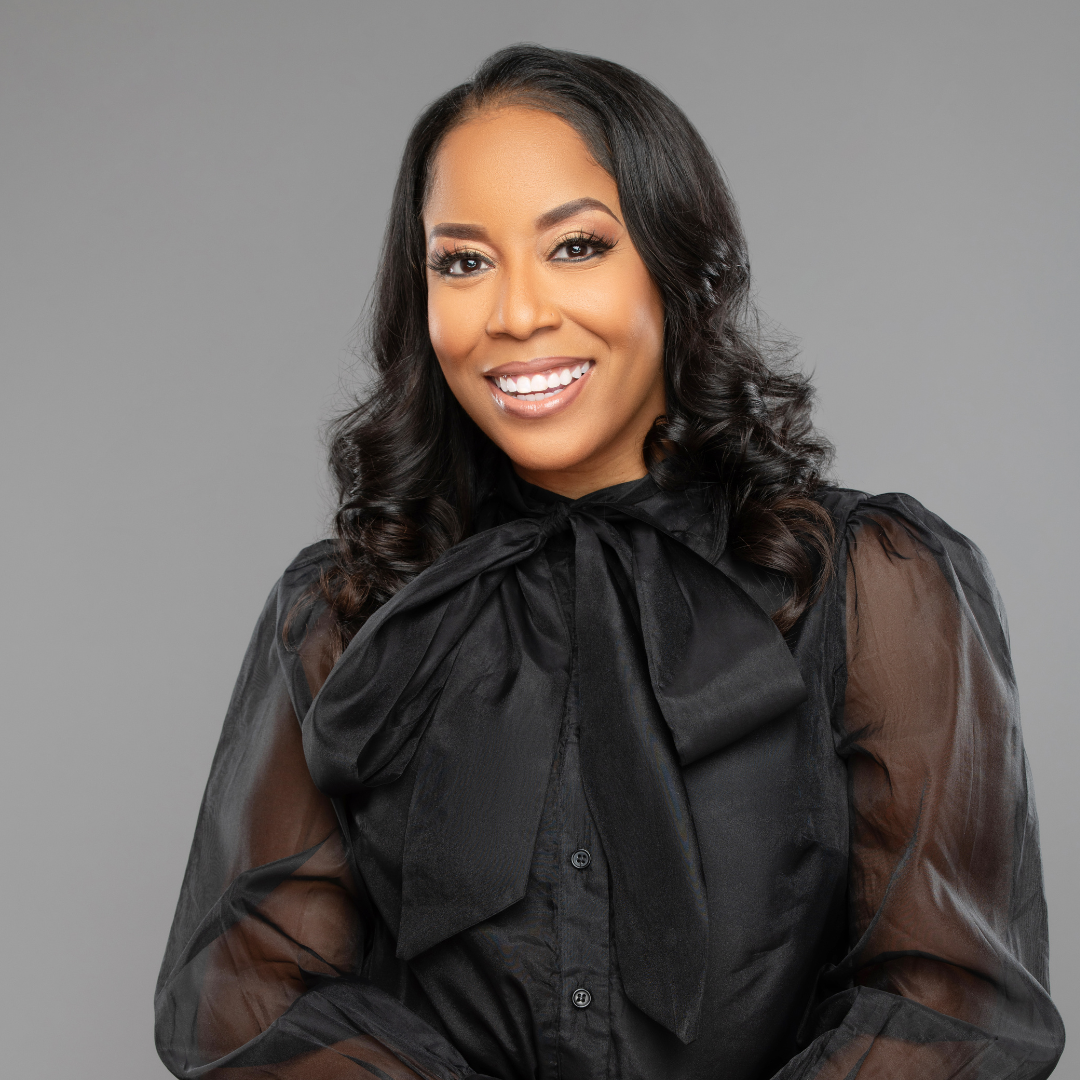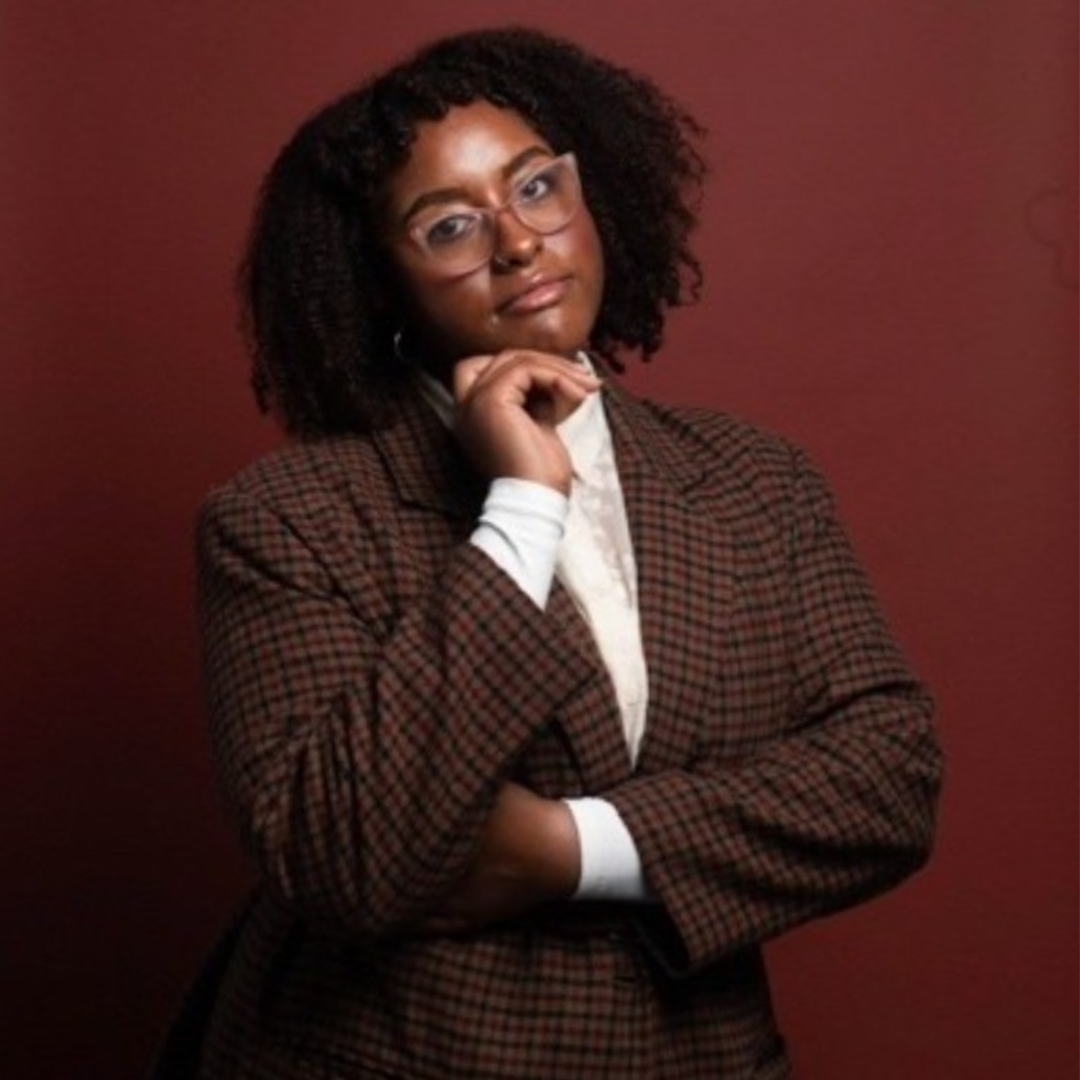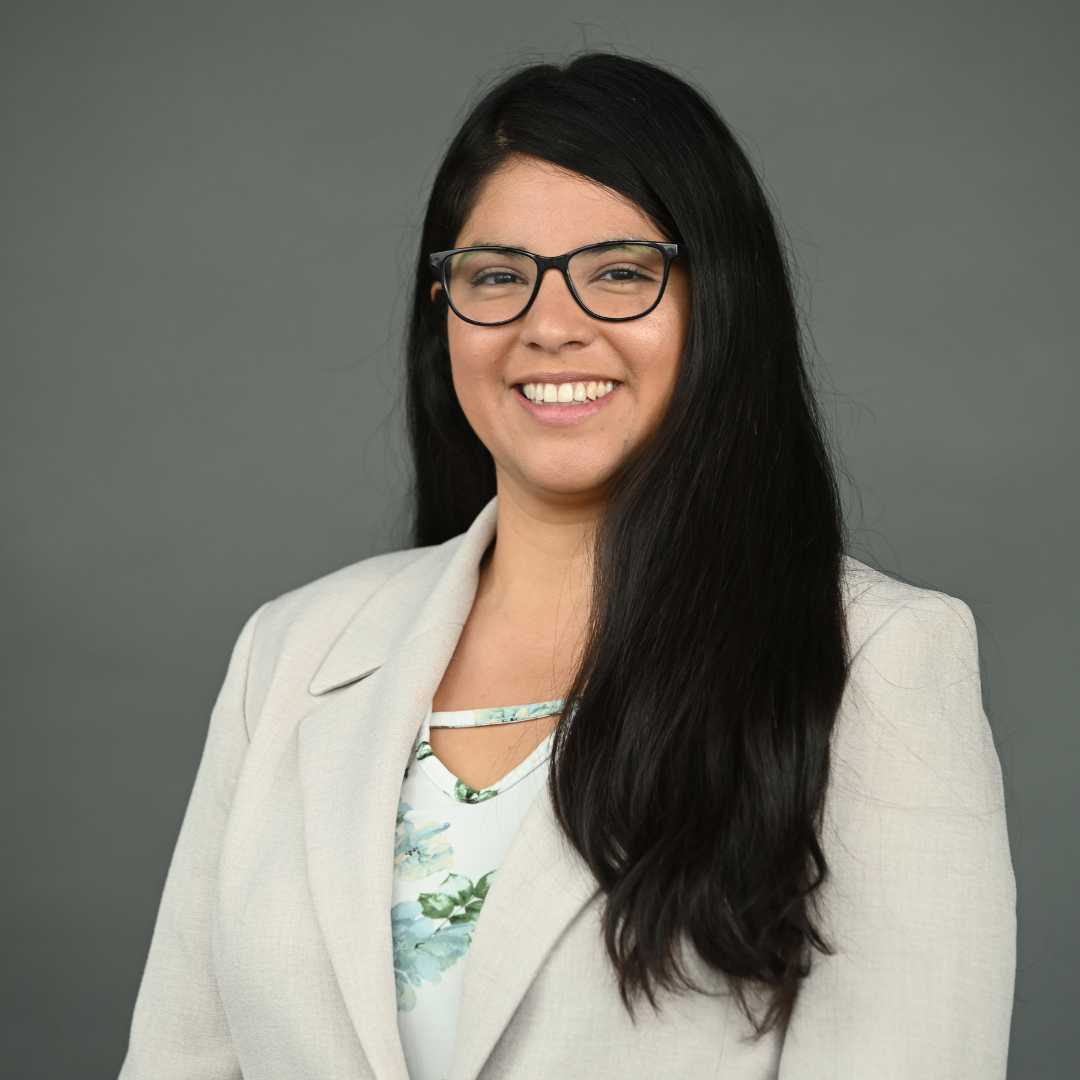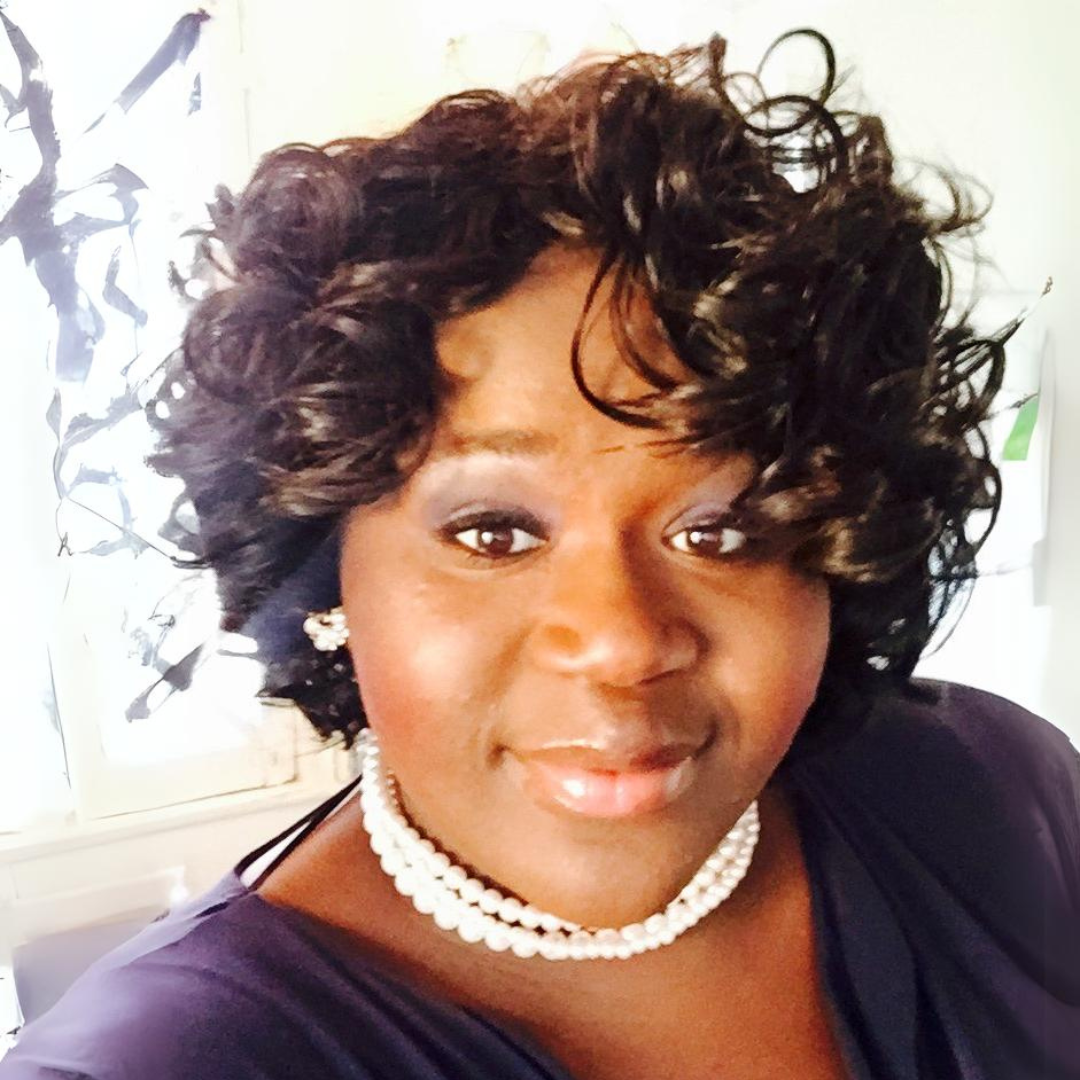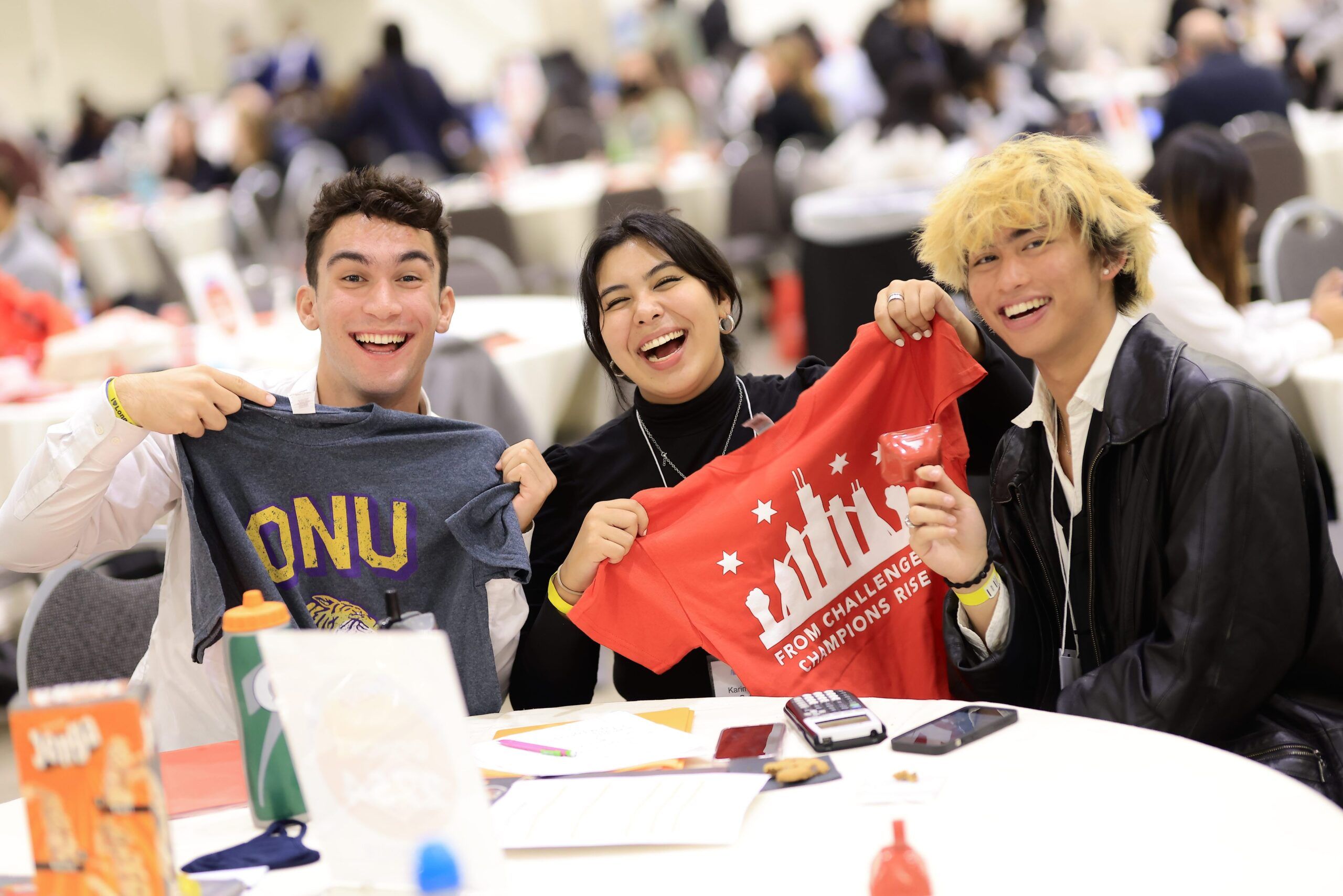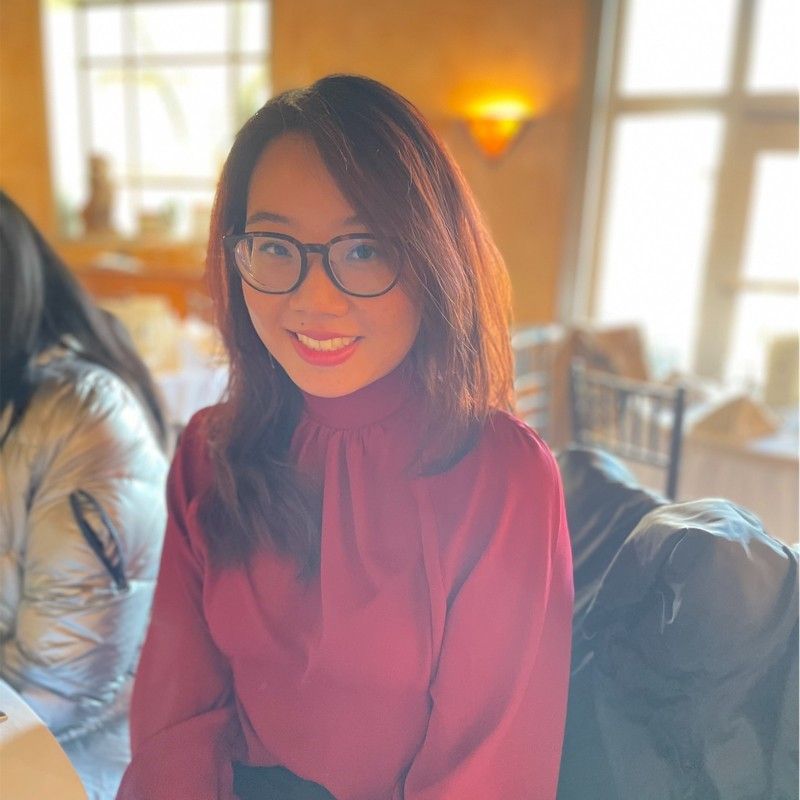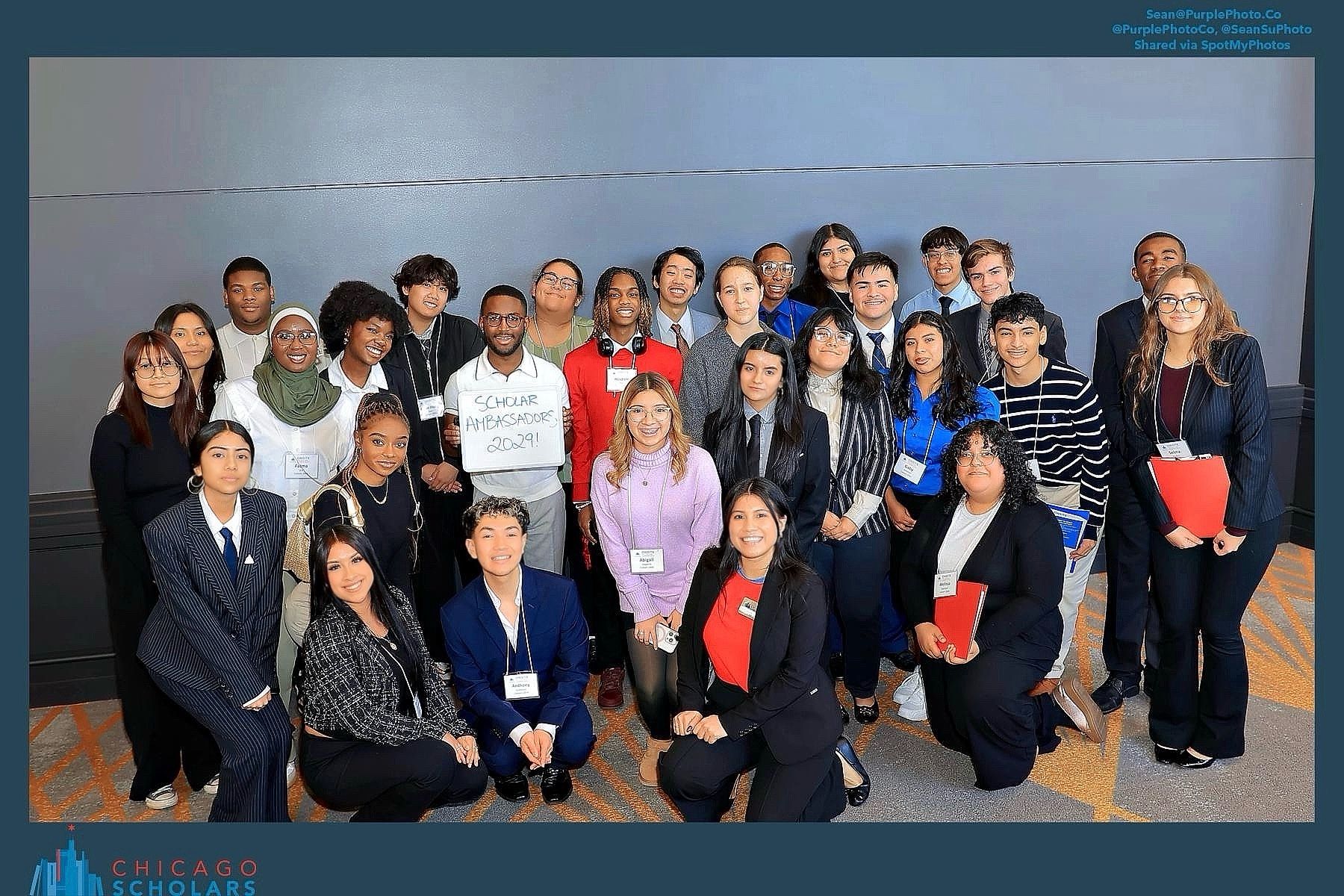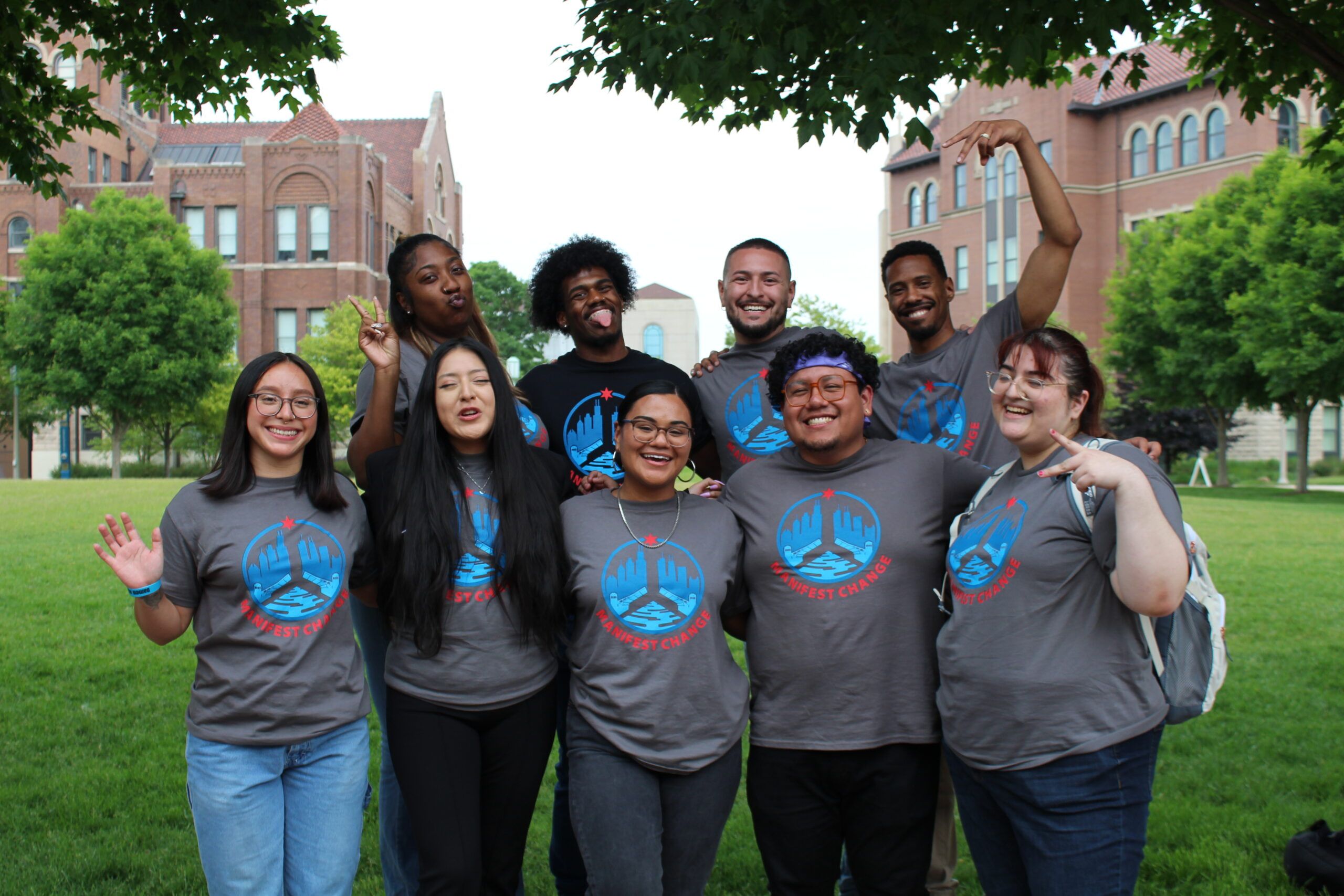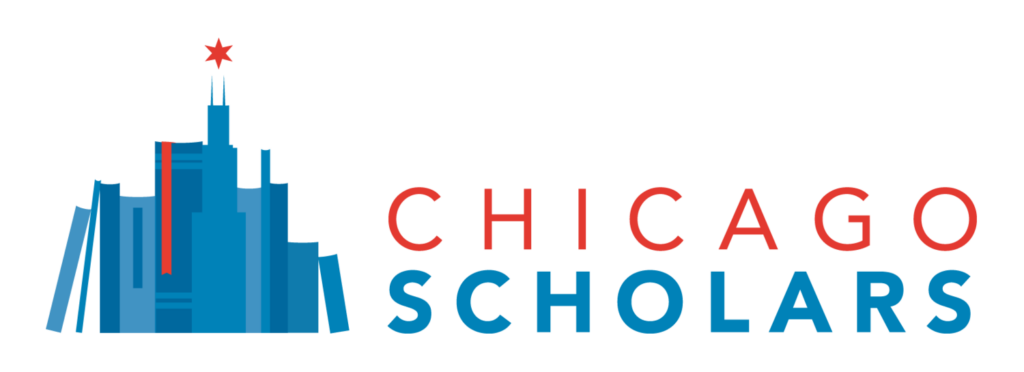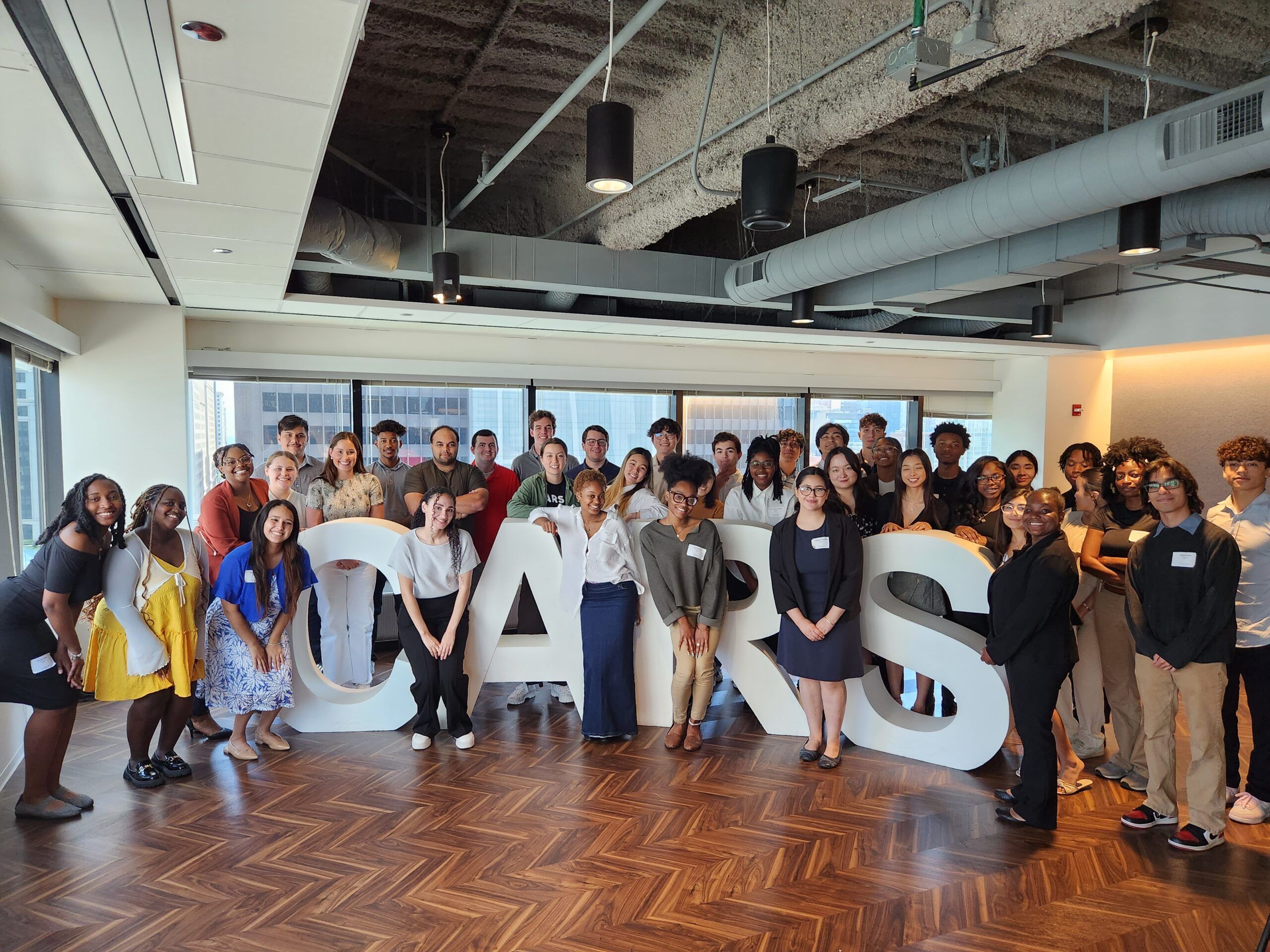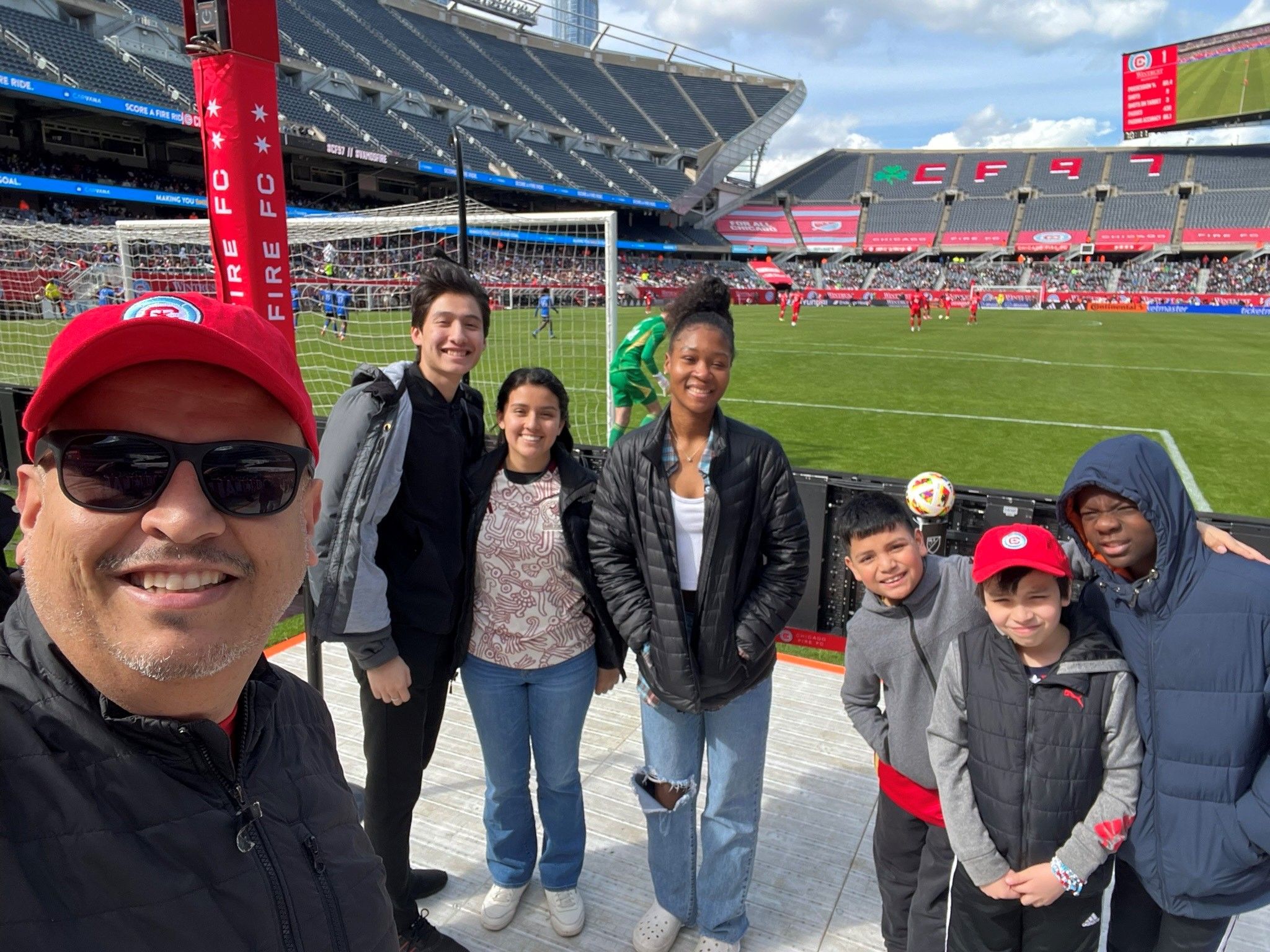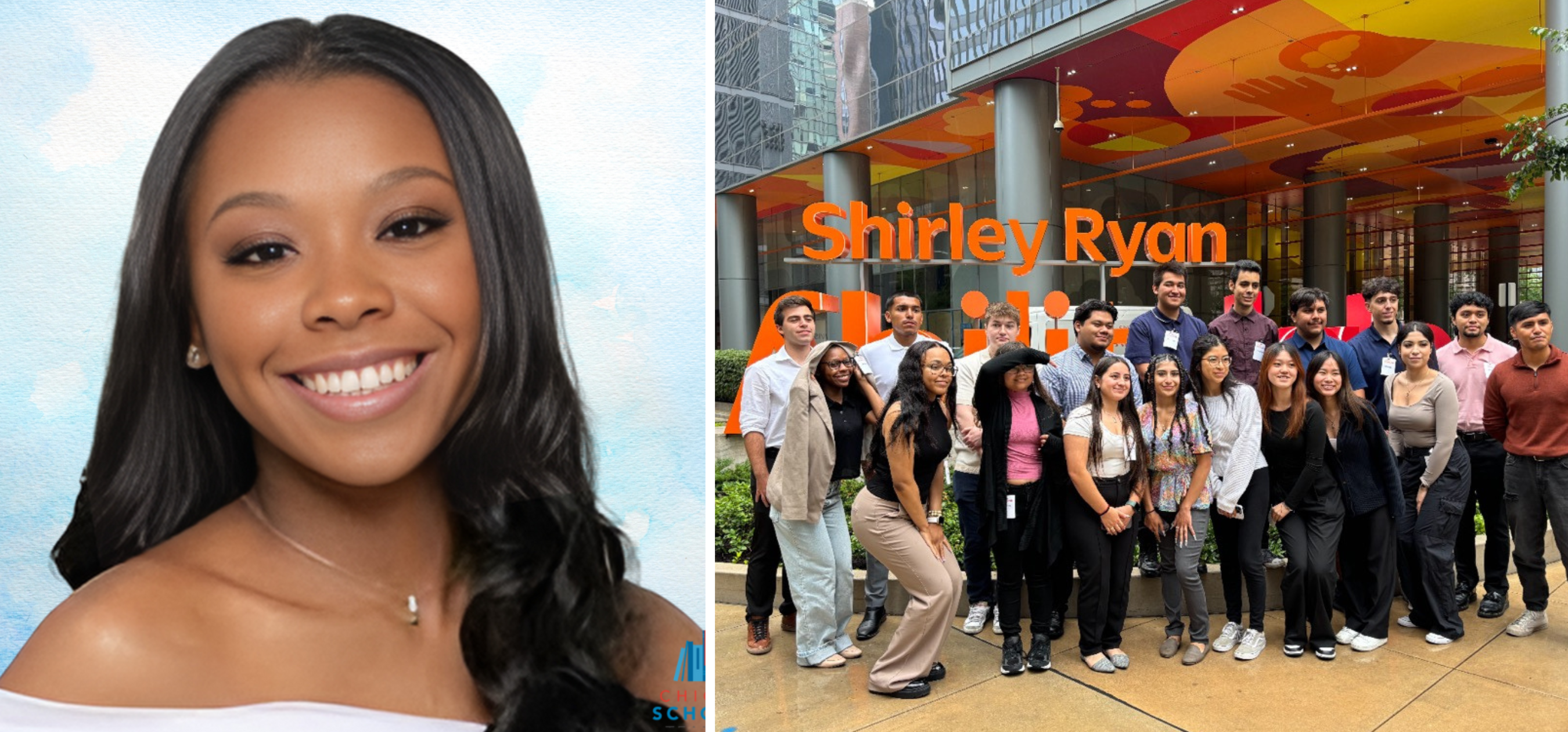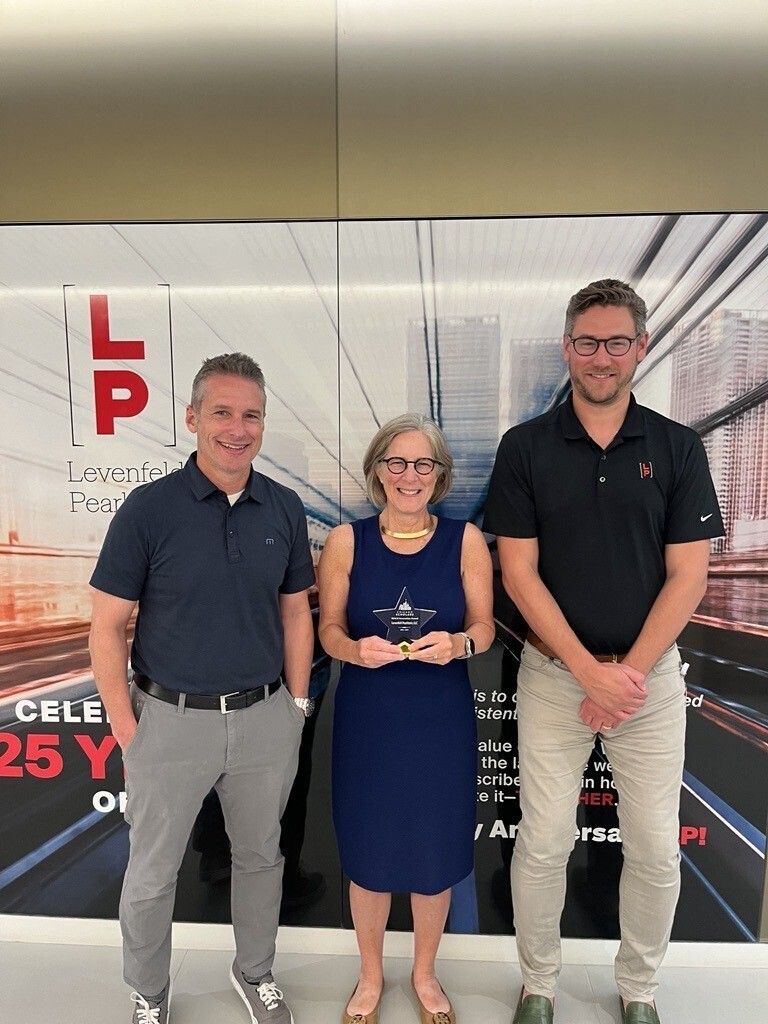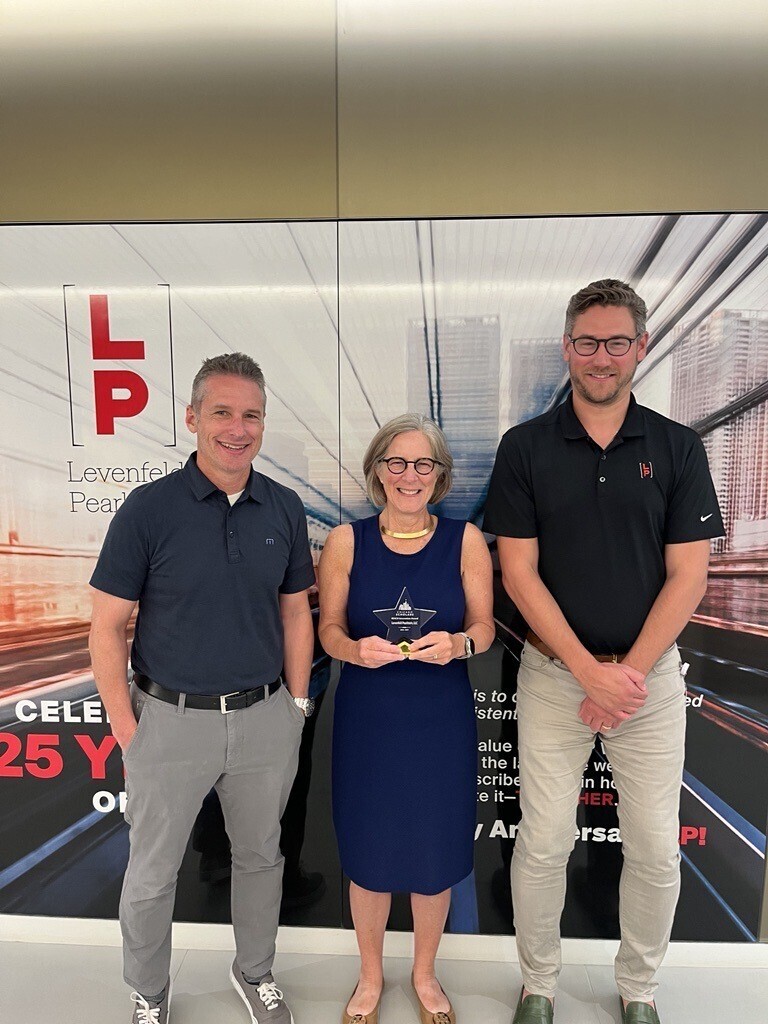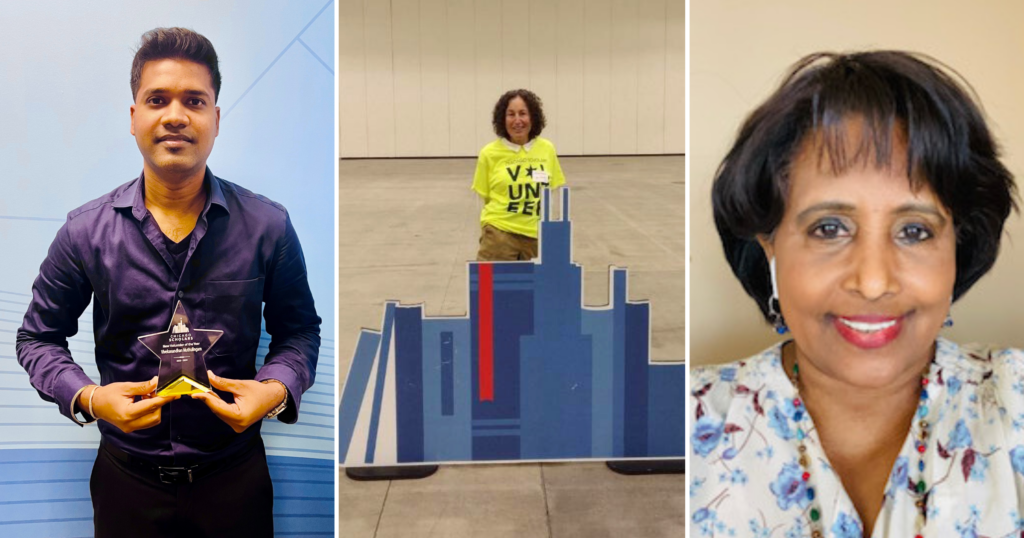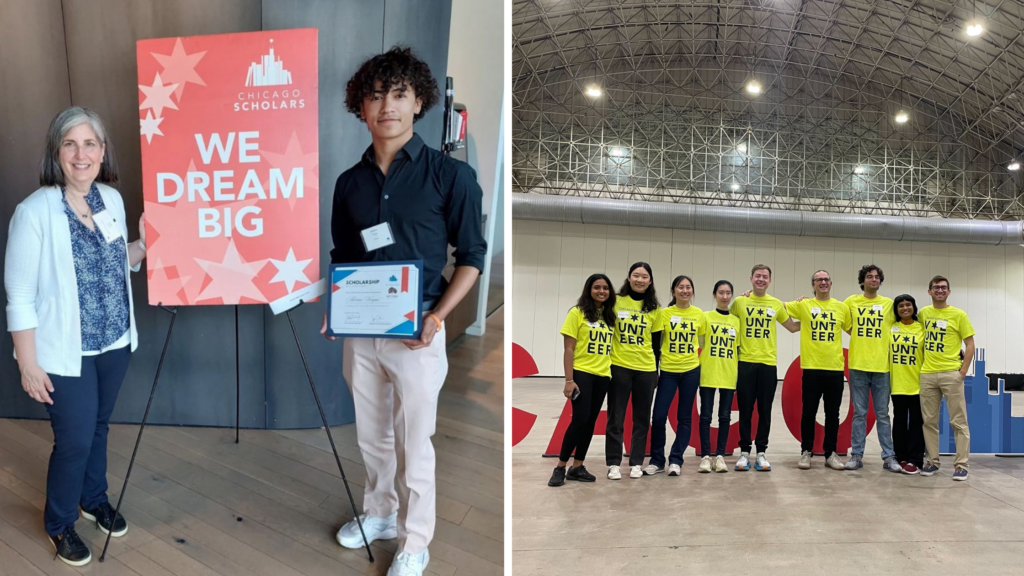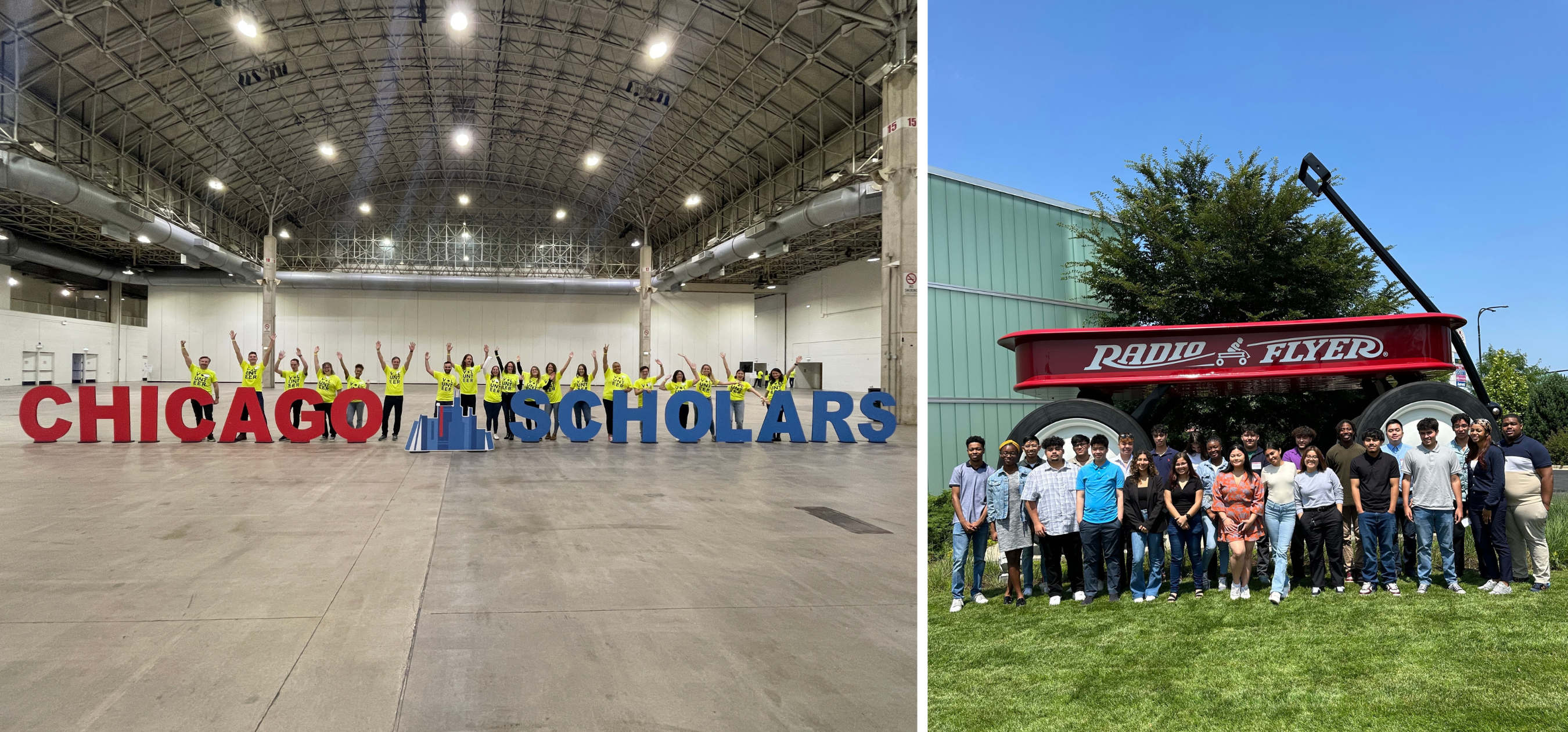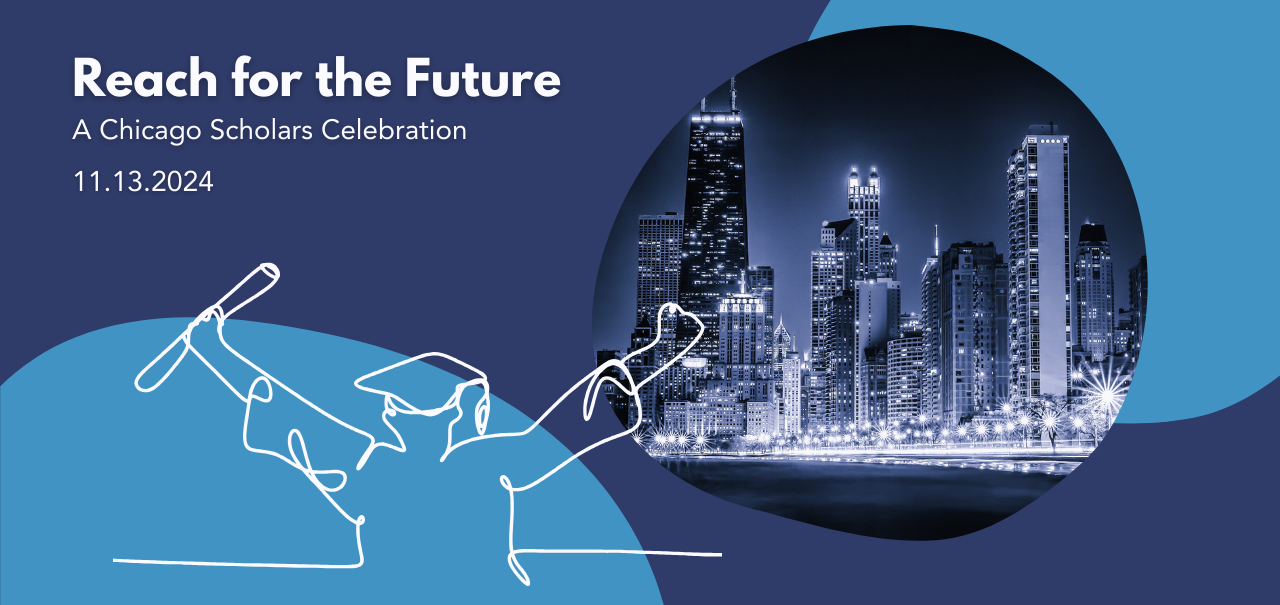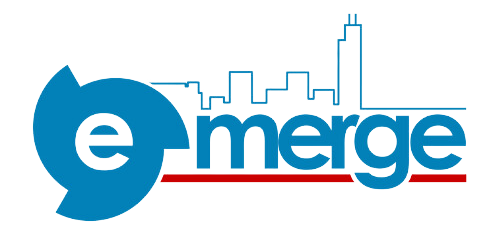Chicago Scholars Emerge June 2025 Career Partner Highlight
June Career Partner Highlight:
Shirley Ryan AbilityLab
Our Emerge Summer Career & Leadership Program is well under way – and we’re kicking off a series of spotlights on several of our incredible Emerge Career Partners, the companies and organizations that make our Emerge internships possible. For each, we’ll give you a special look at what called them to partner with us, tell stories of their Scholar interns – and maybe inspire you and your company to partner too!
Our June 2025 Emerge Career Partner Highlight of the Month is The Shirley Ryan AbilityLab, an innovative and groundbreaking rehabilitation facility for children and adults, providing care for more stroke, spinal cord injury, and traumatic brain injury patients than anywhere else in the US. With their primary location in River North, the Shirley Ryan AbilityLab has partnered with Chicago Scholars to host several Emerge interns over the years, as well as hosting yearly Growth Labs at their dynamic downtown space. We spoke with Maya Yuen, Manager of the Robert R. McCormick Foundation Center for Hope and Equity at the Shirley Ryan AbilityLab about the organization’s commitment to our Scholars.
Firstly, why did you choose to partner with Chicago Scholars?
“We partnered with Chicago Scholars because their model aligns with our goal at Shirley Ryan AbilityLab to create paths to meaningful healthcare careers and to invest in the next generation of leaders.”
To continue, why did you choose to specifically support the Emerge Program as a Career Partner and Growth Lab Host?
“The Emerge program aligns closely with the mission of our Robert R. McCormick Foundation Center for Hope and Equity — particularly our focus on creating pathways to rewarding healthcare careers. Emerge provides us with a meaningful opportunity to support early talent, provide immersive experiences and develop future professionals who reflect the communities we serve.”
What is Radio Flyer looking to accomplish through your internship program?
“We hope to shed light on the field of rehabilitation medicine as a highly collaborative and impactful area of healthcare. Through our unique translational model of care, we aim to introduce interns to how STEM disciplines — like engineering, math, and data science — can be applied in clinical settings to directly improve patient outcomes. Our translational model bridges the gap between research and real-world application, allowing patients to benefit from innovation more quickly. Our goal is to inspire the next generation to see themselves in these careers and to understand the meaningful role they can play in advancing health equity and recovery.”
What qualities does your organization look for in potential Emerge interns?
“We look for curiosity, compassion and a desire to make an impact. Emerge interns who are eager to learn, open to collaboration and committed to excellence thrive in our environment — where diverse perspectives not only are welcomed but essential to innovation.”
Finally, what are your hopes for the young adults of Chicago?
“We hope the young adults of Chicago know that their ideas, voices and dreams matter. We want them to feel empowered to pursue careers that bring both personal fulfillment and community impact — and to know that organizations like ours are ready to invest in their growth every step of the way.”
